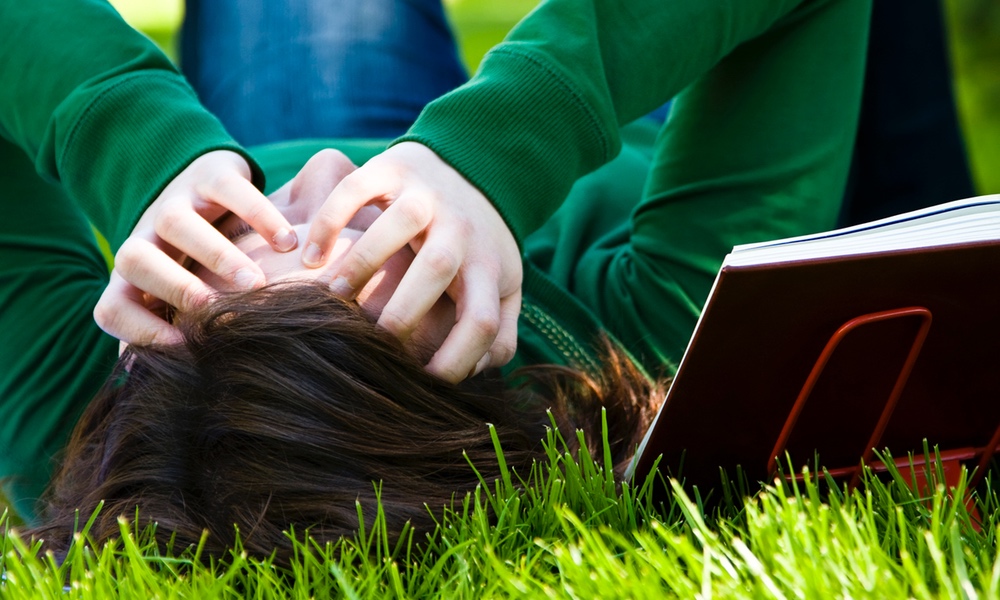The COVID-19 pandemic has made life a lot harder for college students. In addition to the usual stressors like exams, papers and dating, they face new sources of stress and anxiety — such as social isolation, Zoom fatigue and worries about the health of at-risk family and friends.
Some students are handling pandemic stress better than others, a Dartmouth University study finds.
The study is part of an ongoing National Institute of Mental Health-funded research to evaluate the effectiveness of smartphones as tools for identifying and predicting depression, anxiety and stress in college students. It compared college students’ mental health and behavior over the year before the pandemic with their mental health and behavior during the first year of quarantine. It found significant disparities in how well students were coping with life during COVID-19.
Because they were able to continuously monitor mobile sensing technology, the researchers could measure the impact of the virus and subsequent lockdown on students' mental health and behavior.“The pandemic has put students on a literal mental health roller coaster, mostly headed downwards.”
The StudentLife research program followed 200 Dartmouth undergraduates throughout their four years of college. “Such a large amount of continuous data spanning two years in total allows us to draw important insights and robust conclusions associated with behavioral changes in these students as a result of COVID-19,” said lead researcher, Andrew Campbell, a professor of computer science at Dartmouth, in a statement.
Students completed weekly surveys through an app on their smartphones. COVID-specific questions were added to these surveys at the beginning of the pandemic. The surveys assessed and compared participating students’ levels of depression, anxiety and stress from March 2019 through February 2020 and from March 2020 through February 2021.
“The pandemic has put students on a literal mental health roller coaster, mostly headed downwards,” said Campbell. Students who were involved in the study reported spending less time engaging in many activities during the first year of the pandemic. The distances they traveled and the unique locations they visited also decreased during that first year. The time spent walking, driving and biking decreased. Phone use and social media use increased, however, and students were less active and slept more.
More studies are needed to see if this technology can be used as an early warning system that could provide personalized recommendations to those navigating troubling times, or notify a provider who can reach out to people with their consent and offer assistance.
The study was published in Proceedings of the CHI Conference on Human Factors in Computing Systems.





